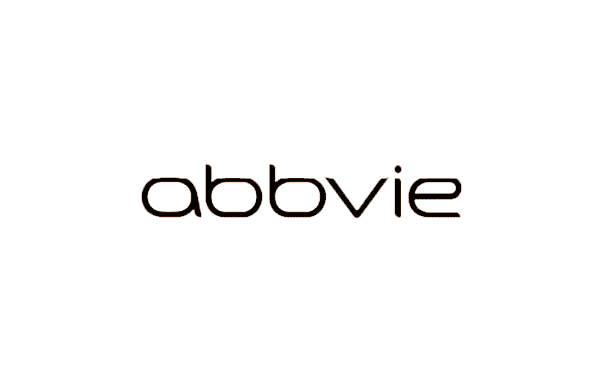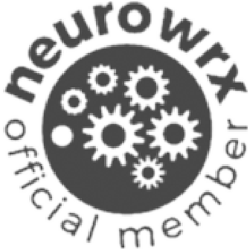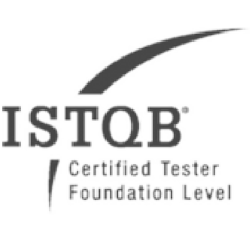While most people at times have difficulties with sitting still, remaining focused, and resisting impulsive behaviors, individuals living with ADHD may face these challenges constantly. ADHD is a common neurological disorder that affects behavior and is usually diagnosed in childhood. A late ADHD diagnosis in adulthood often means that an individual has had symptoms since childhood, but these were either missed or misdiagnosed. Common challenges faced by those with ADHD included hyperactive behavior (restlessness, excessive talking, fidgeting/moving constantly) and/or impulsive behavior (difficulty with waiting, lack of patience, partaking in risky activities). According to scientific literature, a low of 21% up to a high of 70% of autistic individuals also present with ADHD. The literature also says that these varying findings and statistics of the ADHD/AS comorbidity may suggest that the ADHD characteristics are instead attributed to the individual’s autism and not 2 distinct diagnoses.
While the exact cause of ADHD is not known, research has shown that it is probably a combination of factors, including genetics, brain development, exposure to substances during prenatal development, exposure to environmental toxins, and/or certain other medical conditions.
Common symptoms of ADHD may include:
- Becoming easily distracted or unfocused
- Impulsive behavior
- Poor executive functioning skills
- Difficulty with following instructions
- Losing or often misplacing things
- Constantly shifting from one activity to another and not completing them.
- Poor focus during conversations or social situations
- Hyperactivity
Common treatment options for Individuals with ADHD include medication and/or therapy with a clinical counselor or behavioral specialist. Therapy for individuals typically includes learning and understanding strategies to help them manage their symptoms and more successfully focus on their school, work, or personal activities and goals.
Strategies to help adults with ADHD stay focused at work include:
- Chunking: breaking work down into smaller and more manageable “chunks” helps lessen feelings of being overwhelmed and improves focus
- Use of visual reminders to help organize one’s day and manage appointments and tasks
- Use of a timer to mix up work “chunks” with break periods—the timer helps one to remember to take breaks
- Use of hand-held fidgets to lessen anxiety or to promote self-regulation—doodling or drawing can also help with self-regulation
- Paraphrasing back what has been said helps maintain focus and improve retention
- Limit distractions by sitting in a quieter space, wearing headphones, or putting away personal devices
(From: Tips to Help Adults with ADD/ADHD Stay Focused at Work, Keath Low, 3/31/20)
Written by Bonny Goldin, L.C.S.W.,6/2022




















